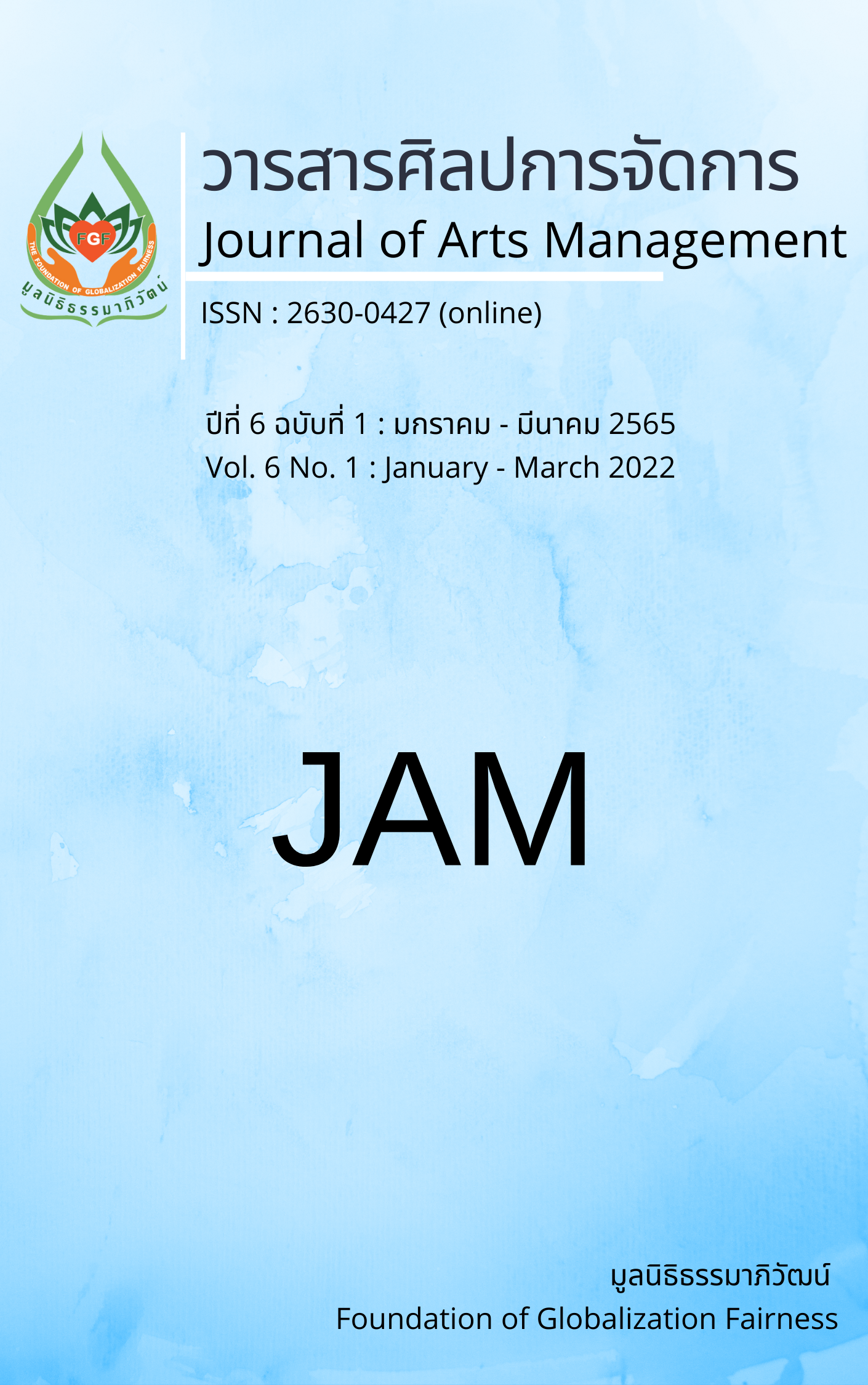Development Process and Retreat of Democracy in Thailand, South Korea, and Myanmar
Main Article Content
Abstract
The development process and the regression of democracy by considering the comparison between Thailand, South Korea, and Myanmar, whether they are similar or different, or not. How what factors make the difference? which aims to move towards democratic reform. This research article aimed to conduct a comparative study on the evolution of democracy. The research employed a qualitative method in which documentary research, non-participant observation, as well as in-depth interviews were performed with twenty academicians and experts in the field.
The research results were found as follows: A comparative study revealed that only South Korea has a complete democracy, which is a consequence of mutual respect for democracy and the leadership’s appreciation of democratic values such as participation, transparency, and anti-corruption culture at every level, an appropriate arrangement of the army under the leadership of a civilian government, and policy development under the economic and social development era, which enables participation from the private sector. All of which are unlike Thailand and Myanmar, which perform at a non-democratic level.
Article Details

This work is licensed under a Creative Commons Attribution-NonCommercial-NoDerivatives 4.0 International License.
Views and opinions appearing in articles in the Journal of Arts of Management It is the responsibility of the author of the article. and does not constitute the view and responsibility of the editorial team I agree that the article is copyright of the Arts and Management Journal.
References
Domjun. J. (2017). Transition without consolidation: The failure of democratization in Thailand [Doctoral dissertation, Chulalongkorn University].
Diamond, L. (1994). Rethinking civil society: Toward democratic consolidation. Journal of Democracy, 5(3), 4-17.
Diamond, L. (2014). The Next Democratic Century. Current History. https://fsi-live.s3.us-west-1.amazonaws.com
/s3fs-public/LD_Current_History_Jan_14.pdf
Diamond, L., Linz, J.J., & Lipset, S.M. (1989). Democracy in developing countries. Lynne Rienner.
Huntington, S. P. (1984). Will more countries become democratic?. Political Science Review, 99(2), 193-218.
Huntington, S. P. (1991). Democracy’s third wave. Journal of Democracy, 2(2), 12-34.
Inthasi. W. (2013). The dynamics of democracy in South Korea: From authoritarianism to stable democracy. Chulalongkorn University Press.
Kapstein, E. B., & Converse, N. (2008). Why democracy fail. Journal of Democracy, 19(4), 57-68.
Kekic, L. (2007). The Economist Intelligence Unit’s index of democracy. The Economist. https://www.economist.com/media/pdf/democracy_index_2007_v3.pdf
Luechai, A. (2016). The reformation lead to democracy: A comparative case study between Myanmar and Thailand. Rajapark Journal, 11(23), 1-10.
Lipset, S. M. (2003). Political man: The social bases of politics. (R. Dahl, I. Shapiro & J. A. Cheibub Eds.). The MIT Press.
Rustow, D. (1970). Transitions to democracy: Toward a dynamic model. Comparative Politics, 2(3), 337-363.
Sawasdee, S. N. (2018). Comparative democratic transitions: Derived thoughts on the failures of democratic transition in Thailand, Journal of Social Science, 48(2), 7-29.
Tantrakoonsab N. (2018). Labor movement and the transition to democracy in Republic of the Union of Myanmar, 1988-2018[Doctoral dissertation, Chulalongkorn University].
The Economist. (2020, January 22). Global democracy has another bad year, But popular protests show potential for democratic renewal. The Economist. https://www.economist.com/graphic-detail/2020/01/22/global-democracy-has-another-bad-year
Udomkitmongkol. T. (2004). Democracy Development in the Union of Myanmar: Opportunities and Obstacles[Master’s Thesis, Ramkhamhaeng University].


